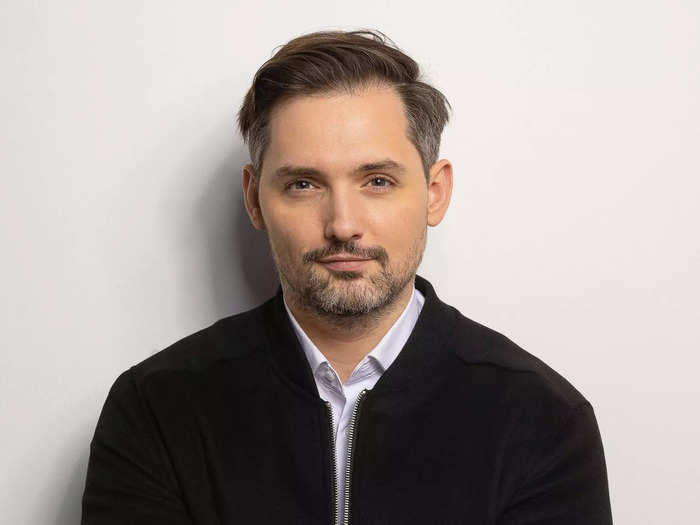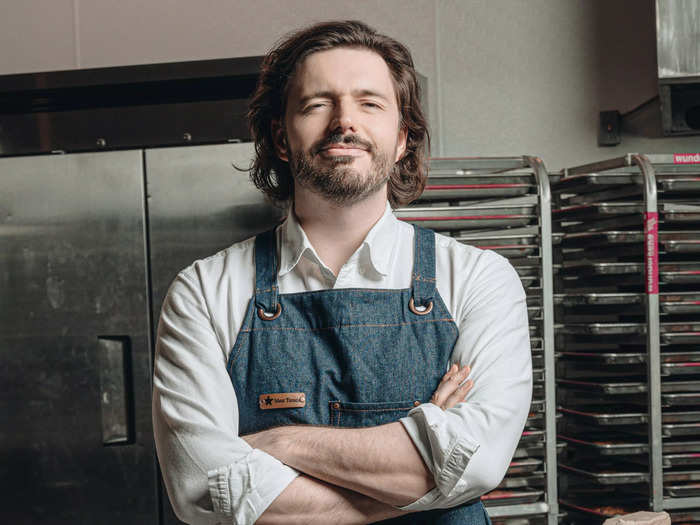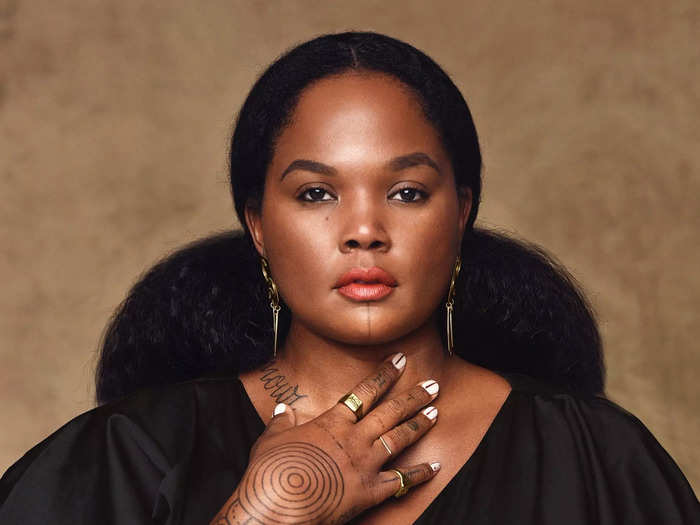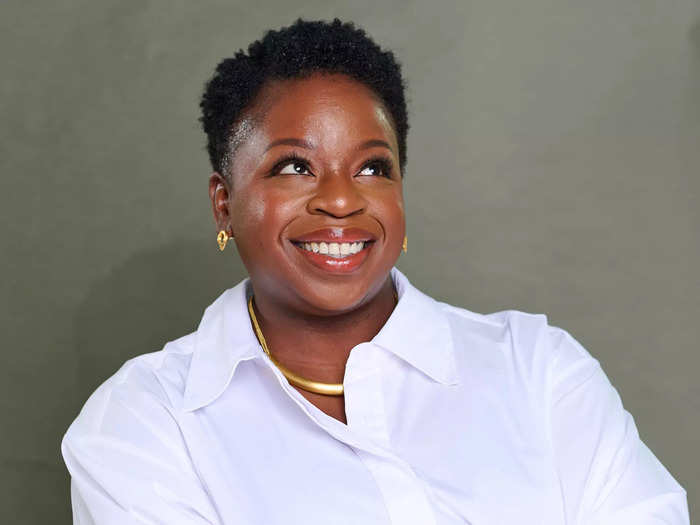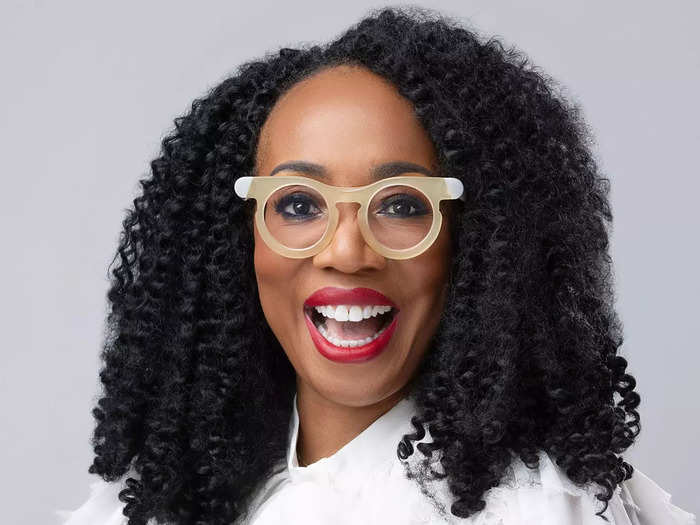Gloria Chou, the founder and CEO of Gloria Chou PR; Kimberly Lee Minor, the founder and CEO of Bumbershoot; and Gayle Yelon, a cofounder and chief marketing officer of Montserrat New York.Gloria Chou, Kimberly Lee Minor, and Gayle Yelon
- This year is poised to provide a host of challenges for both new and veteran entrepreneurs.
- Insider surveyed 68 founders about their 2023 predictions and the hurdles ahead for business owners.
Whether you're starting or scaling a business in 2023, this year is poised to challenge both new and veteran entrepreneurs.
Insider surveyed 68 founders about their 2023 predictions, including the biggest business trends and the fastest-growing industries. We also asked what they thought the top challenges for entrepreneurs would be this year. While it's impossible to determine the future, their answers centered on how an unstable economy could affect essential business functions like funding, sales, and marketing.
"With the shifting economy, many founders will feel uncertain in these tumultuous times," said Cynthia Plotch, a cofounder and CEO of the women's-health brand Stix.
Here's what founders think the top five challenges for business owners in 2023 will be.
Some responses have been edited and condensed for clarity.
1. Recession and economic uncertainty
Henry Murray, a cofounder of Waterdrop. Henry Murray
Henry Murray, a cofounder of Waterdrop, a beverage service
"A top challenge we're already seeing, which will continue into 2023, is balancing the effects of a long-term bull market with the needs of investors, consumers, and industries."
Ria Graham, a cofounder of Kokomo, a Caribbean restaurant
"It's difficult to make sound decisions in a time of uncertainty. Inflation is through the roof and makes it difficult to provide a service and product at a reasonable price."
Tim Dierckxsens, a cofounder of the Web3 company Venly
"Growth forecasts will most likely be wrong, and businesses may falter under pressure. Finding the balance to grow while making sure they can survive will be key."
Vic Drabicky, the founder and CEO of January Digital, a digital marketing agency
"Uncertainty makes it almost impossible to plan long term with a high level of confidence. When the future is clearer, businesses make better investments and better decisions. When it's uncertain, businesses tend to pull back."
Paige Enslow, the founder and CEO of Stewart Enslow, a sustainable clothing brand
"With people needing to save their money to deal with rising costs of housing and basic necessities, it is harder for people to take a risk buying a new product from a brand they don't have experience with."
2. Funding
Hans Schrei, a cofounder and CEO of Wunderkeks. Hans Schrei
Hans Schrei, a cofounder of the cookie brand Wunderkeks
"Funding will be a challenge across all verticals, mostly because investors are still writing off the failed bets from the 2020-2021 frenzy. Our understanding of what 'traction' means is changing, and so is our understanding of the founder-investor relationship. It will all be for the best, but still painful."
Brian Meiggs, the founder of the media company My Millennial Guide
"With so many companies competing for funding, it can be difficult to stand out and attract attention from potential investors. This means that founders will need to be creative in how they pitch their businesses and find ways to demonstrate the value that they offer."
Sivan Baram, a cofounder of the social-shopping platform Radd
"It looks like it will be harder to secure new investment rounds this year, but on the positive side, as one of my investors told me, it is a great opportunity for the good companies to stand out."
Ashley Tyrner, the founder and CEO of FarmboxRx, a produce-delivery service
"Venture-capital firms have closed their purses as they await to see what happens with the economy. Founders must have at least two years of runway in their bank account or pipeline. Gaining funding will be incredibly difficult the next 12 to 18 months, and valuations are starting to come more back down to earth."
Julie Castro Abrams, the founder and CEO of the women's network How Women Lead
"Founders are being asked to tighten up their valuations, and for some that will make future funding challenging."
3. Marketing and customer acquisition
Beatrice Dixon, a cofounder and the CEO of the Honey Pot Company. Beatrice Dixon
Beatrice Dixon, a cofounder and the CEO of the feminine-care brand Honey Pot Company
"Continued market saturation. Due to some of the value of a global pandemic, we see humans taking risks on developing brands and arguably being able to quickly go to market barring what would have normally been time and space restraints. I think there will be dilutive market saturation, and the challenge then becomes the ability to actively communicate your 'why' through undeveloped tactics or channels."
Daphne Chen, a cofounder and co-CEO of TBD Health, a company that makes at-home STD/STI screening kits
"It depends on stage and sector, but I think across the board the bar is going to be higher for demonstrating that customers actually want and need your product or service. Demonstrating durable value is going to be more important than ever."
Jonathan Zacharias, a cofounder and the president of the marketing agency GR0
"Acquiring new customers. After IOS14 privacy updates, social ads do not work like they used to, so founders need to get creative in how they are acquiring new customers."
Gloria Chou, the founder and CEO of the advertising agency Gloria Chou PR
"We have an oversaturation of content, so founders need to know how to leverage strategic messaging well, as it's not about creating more content. Consumers can also agree that we don't need more content, ideas, or strategies. What we need is connection and community. If you don't have a supportive and engaged community aspect to your business to build connections and allow people to feel seen, you're missing out on the ability to grow your business and impact."
Payton Nyquvest, the founder and CEO of the psychedelics company Numinus
"Finding your community — whether that's building the community within your employee team (which is likely composed of remote workers) or the community in your customer base. People are looking for connection, and I believe it's becoming harder to find."
4. Hiring and retaining talent
Lola Bakare, the founder and chief marketing officer of Be/co. Lola Bakare
Lola Bakare, the founder and chief marketing officer of the marketing agency Be/co
"Competition — more people unemployed means more people putting up shingles. I find this exciting. It'll only push us all to do our most authentic work."
Matt Woodruff, a cofounder and chief product officer of the software-as-a-service company Constellation
"As the job landscape continues to shift, especially in the tech industry, it's going to become increasingly important for companies to attract and retain quality talent. Founders should prioritize meeting and exceeding the needs of their talent to ensure that their workforce remains satisfied and secure."
Kimberly Lee Minor, the founder and CEO of the consulting firm Bumbershoot
"Finding and retaining talent, especially if they haven't created a strategy for attracting a diverse talent pool and they have not done the work to create a productive, inclusive, and welcoming culture."
Ariela Safira, the founder and CEO of the mental-wellness startup Real
"Building and growing effective teams. 2022's economy and its resulting layoffs resulted in broken trust amidst employees — when we combine this with the remote world, the collective trust and determination a startup needs to grow and succeed will be hard to create in 2023."
5. Brand transparency and sustainability
Dee C. Marshall, the founder of Diverse & Engaged. Dee C. Marshall
Dee C. Marshall, the founder and CEO of Diverse & Engaged, a training-and-development company
"Founders will face challenges around sustainability and how they are meeting environmental, social, and corporate governance goals, which is a new requirement and path to scale as it is a major differentiator for businesses."
Gayle Yelon, a cofounder and chief marketing officer of the jewelry brand Montserrat New York
"I think communicating to customers and being transparent about business will be a challenge in a positive way. I'd like to see other companies open up about materials and best practices. It will open up the floor for conversations on how we can all do better."
Katerina Schneider, the founder and CEO of Ritual, a company offering multivitamins and supplements
"We often say that our industry has been asleep at the wheel on one of the biggest health crises of our time: climate change. We're starting to see consumers demand transparency and sustainable practices from companies. It's usually not cheap or easy to create a company centered around sustainability, but consumers are demanding it, and founders are going to need to find ways to work sustainably and provide transparency to their consumers."

